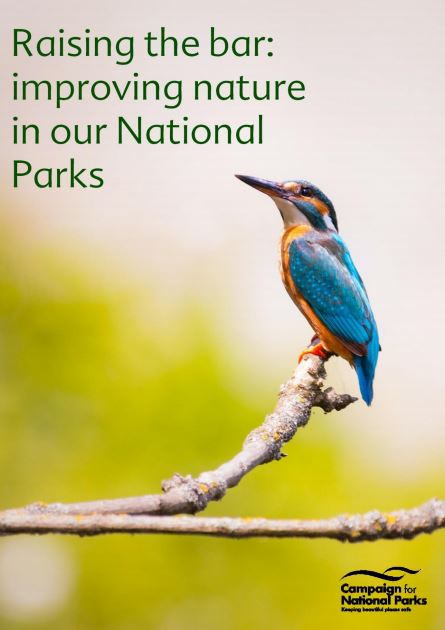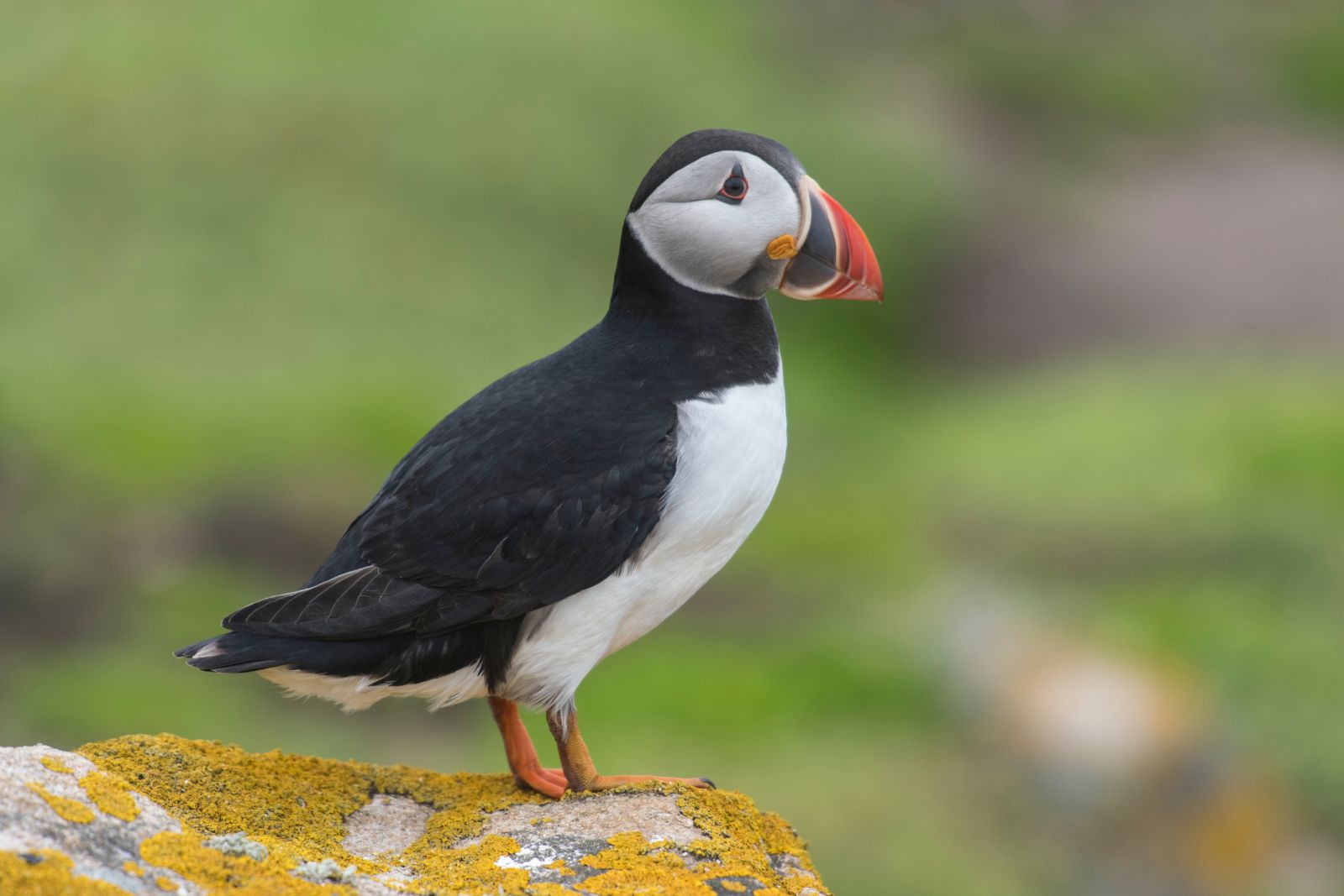Raising the bar: improving nature in National Parks
Published: 27 June 2018
A new report by Campaign for National Parks, published today, call s for a fundamentally new approach to nature conservation in our National Parks. Raising the bar: improving nature in our National Parks argues that a change is urgently needed to enable the Parks to halt, and reverse the loss in wildlife seen across England and Wales.
s for a fundamentally new approach to nature conservation in our National Parks. Raising the bar: improving nature in our National Parks argues that a change is urgently needed to enable the Parks to halt, and reverse the loss in wildlife seen across England and Wales.
Wildlife is a critical part of the beauty of the National Parks and the purposes for which the sites are designated. However the report highlights that the condition of nature in our National Parks is not good enough. Nearly 75% of Sites of Special Scientific Interest (SSSIs) in the English National Parks are in an ‘unfavourable condition’. This compares to 61.3% of the total SSSIs in England.
In England’s National Parks 88.5% of SSSIs in the North York Moors, 84.7% in Exmoor and 83.9% of the Peak District’s SSSIs are in an unfavourable condition. And wildlife continues to decline across Wales.
Television presenter, naturalist and vice president of Campaign for National Parks, Iolo Williams said: “The status quo isn’t good enough. National Parks need to urgently pull their socks up and turn around the unacceptable loss of nature from the Parks.
“We need landscapes that are alive with people and wildlife, buzzing with invertebrates and busy with bird life. Across the countryside we are facing a dire ecological decline, as special protected landscapes National Parks must set an example and lead the way forward.”
National Parks are important for wildlife. 56% of the New Forest National Park is designated of international value for nature conservation, for example, and Snowdonia National Park contains 107 SSSIs, covering around 30% of the Park. But if we are to buck the national trends of wildlife decline, they could and should be doing better.
Many species found in the 13 National Parks, including red squirrels, curlew and heath fritillary butterflies, are struggling for survival in England and Wales.
The report recommends that the Westminster and Welsh Governments work with the National Park Authorities to pilot a fundamentally different approach to nature conservation. Such a change would move away from the intense protection and management of individual sites for specific species and instead focus on a landscape scale approach that prioritises the re-establishment of natural, ecological processes.
The report sets out a series of recommendations about how to achieve improvements in wildlife and more resilient habitats, which include:
- National Park Authorities should show more leadership in addressing wildlife declines by setting more ambitious targets for nature conservation through local management plans;
- The need for a new suite of measures to assess the delivery of environmental outcomes;
- Future payments for farmers and land managers to be tailored to delivering local environmental priorities; and
- Governments should introduce measures to better protect birds of prey and restore our blanket peatlands and upland heaths.
Fiona Howie, chief executive of Campaign for National Parks, said: “There’s an important, mature debate to be had about how to improve nature in our National Parks. We know there are examples of fantastic work being done in the Parks to protect wildlife. But as vast tracts of land, and in the face of threats such as climate change, the National Parks need to be doing more for nature.
“The thirteen Parks face different challenges and we recognise there is not a simple solution to tackling these complex issues. Achieving improvements will require partnership working, especially with land owners, but it will also require vision, ambition and leadership at the national and local levels. If we can’t do it in the most treasured landscapes in the country, where can we?”
A 2016 survey by Campaign for National Parks found that 39% of respondents identified that a greater focus on nature conservation would improve the Parks and 29% stated they should be ‘wilder’.

How can we improve the prospects of species such as puffins in our Parks?
Throughout this summer the charity will be shining a spotlight on the issues facing wildlife and the work being done to conserve nature in National Parks through its summer of beauty campaign.
“The National Parks are beautiful, well-loved and attract millions of visitors each year. But we need to see urgent change. We believe they could be even more beautiful and being home to thriving and flourishing wildlife is an important part of achieving that” concluded Fiona.
